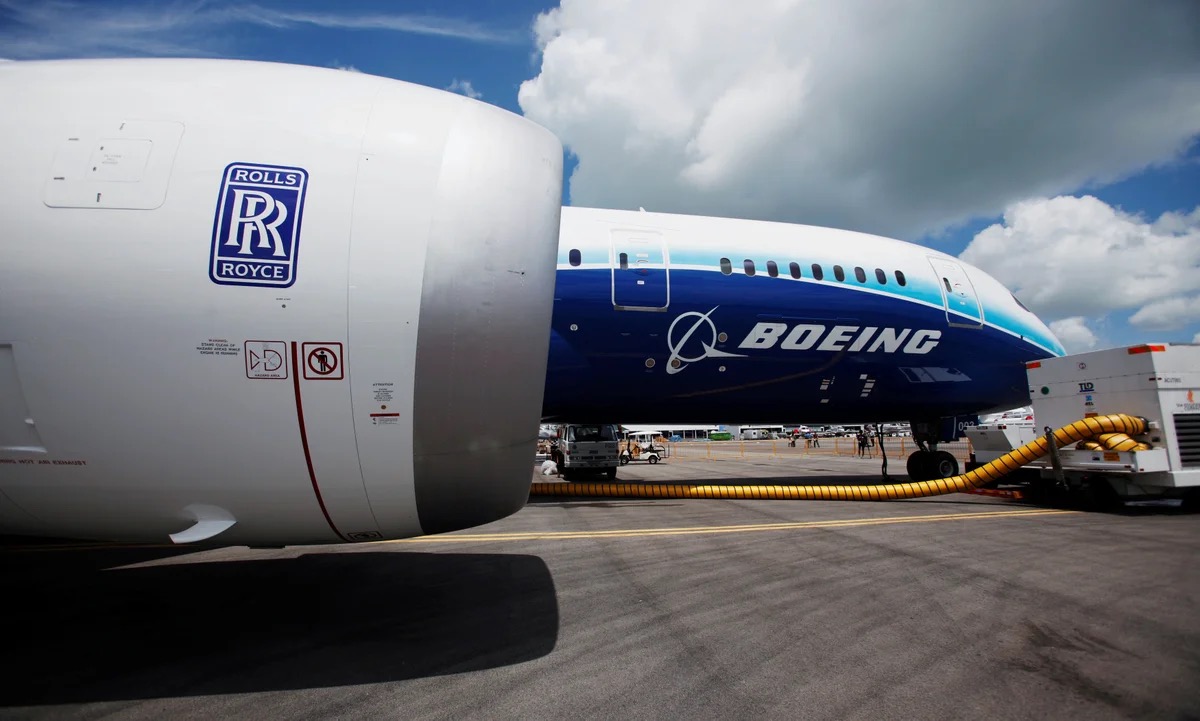Tesla has issued a massive recall, affecting over 376,000 vehicles across the United States, due to a potentially dangerous power steering defect. The company announced the recall on Friday after receiving reports of a malfunction that could cause a loss of power steering assistance, posing significant safety risks for drivers.
The recall affects a wide range of Tesla models, including the popular Model 3 and Model Y, produced between 2020 and 2023. According to the National Highway Traffic Safety Administration (NHTSA), the defect stems from a software issue in the power steering system, which can cause it to become temporarily unresponsive, particularly at low speeds.
“Tesla has become aware of a software malfunction that could cause the steering assist function to intermittently fail,” stated NHTSA in an official report. “This malfunction may require drivers to exert greater effort to steer, increasing the risk of an accident, especially in situations that require quick maneuvers.”
Tesla, which has made significant strides in the electric vehicle market, has assured customers that no injuries have been reported as a result of the defect. However, the potential safety hazard has led to widespread concern. The company has urged affected vehicle owners to schedule an immediate service appointment to have the issue resolved at no cost.
Tesla has responded swiftly, issuing an over-the-air software update to address the issue, which it believes will fix the defect in affected vehicles. The software fix will be rolled out in phases over the next few weeks, with the company prioritizing vehicles that have reported issues.
“We take safety very seriously at Tesla,” said a company spokesperson. “As soon as we became aware of the issue, we initiated an investigation and developed a solution. We are confident that this over-the-air update will resolve the issue for our customers.”
The NHTSA’s report indicates that the power steering issue only affects certain vehicles when they experience a “specific and rare set of conditions,” but the potential for malfunction during critical driving situations has led to the recall.

The recall represents one of the largest in Tesla’s history and comes amid increased scrutiny of the company’s approach to vehicle safety. While Tesla has faced a series of recalls over the years, including those related to vehicle software and battery issues, the power steering defect is particularly concerning due to its direct impact on driver control.
The recall also adds to a series of challenges for the electric vehicle manufacturer, which has been under pressure to improve both safety and quality control as it expands production. In recent years, Tesla’s vehicles have gained a reputation for cutting-edge technology and impressive performance, but issues like this recall underscore the complexities of mass-producing high-tech vehicles with advanced software systems.
Automotive experts have pointed out that while software-related defects have become more common as cars become more reliant on digital systems, the scale of the Tesla recall is notable. The company’s use of over-the-air software updates, which allow it to fix certain issues remotely, has been lauded for its convenience, but it also has limitations when it comes to more complex problems that may require physical repairs.
In addition to the software fix, Tesla has assured customers that it is working with NHTSA to closely monitor the situation and ensure that the recall process is executed smoothly. Owners of affected vehicles will be notified through both email and Tesla’s app, which will provide instructions on how to install the update or schedule service appointments.

The recall impacts a significant portion of Tesla’s customer base, but it is unlikely to severely affect the company’s reputation or bottom line. Tesla has long maintained a strong track record of customer loyalty, with many owners praising the company for its responsiveness to issues and its commitment to safety.
Still, the recall serves as a reminder of the challenges faced by automakers in the digital age, where software bugs can have far-reaching consequences. As Tesla continues to expand its global footprint, the company will likely face increased pressure to maintain rigorous quality control standards while navigating the evolving landscape of automotive technology.
Affected Tesla owners are encouraged to visit the company’s website or contact customer service for more information on how to proceed with the recall and ensure their vehicles remain safe to drive.











